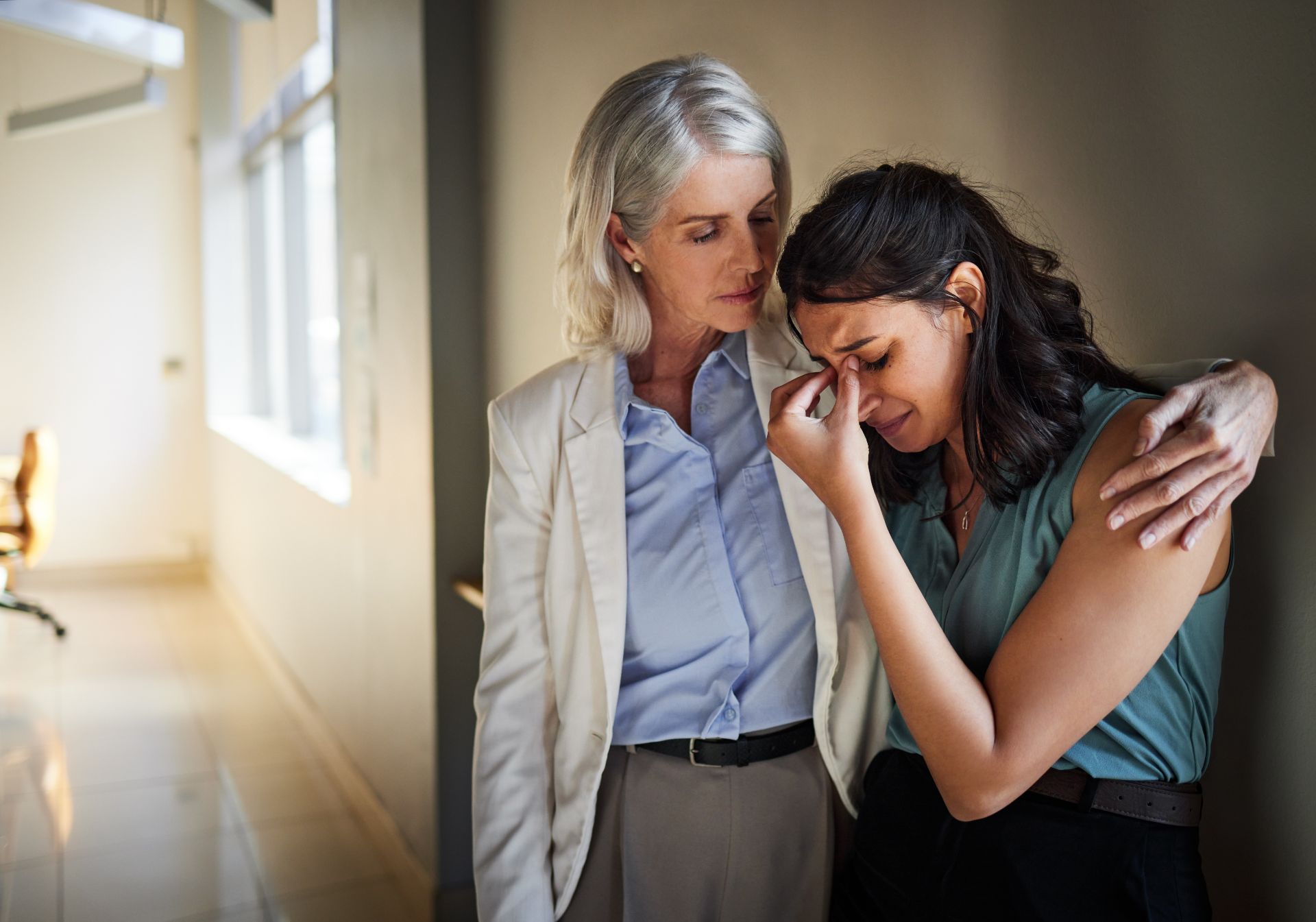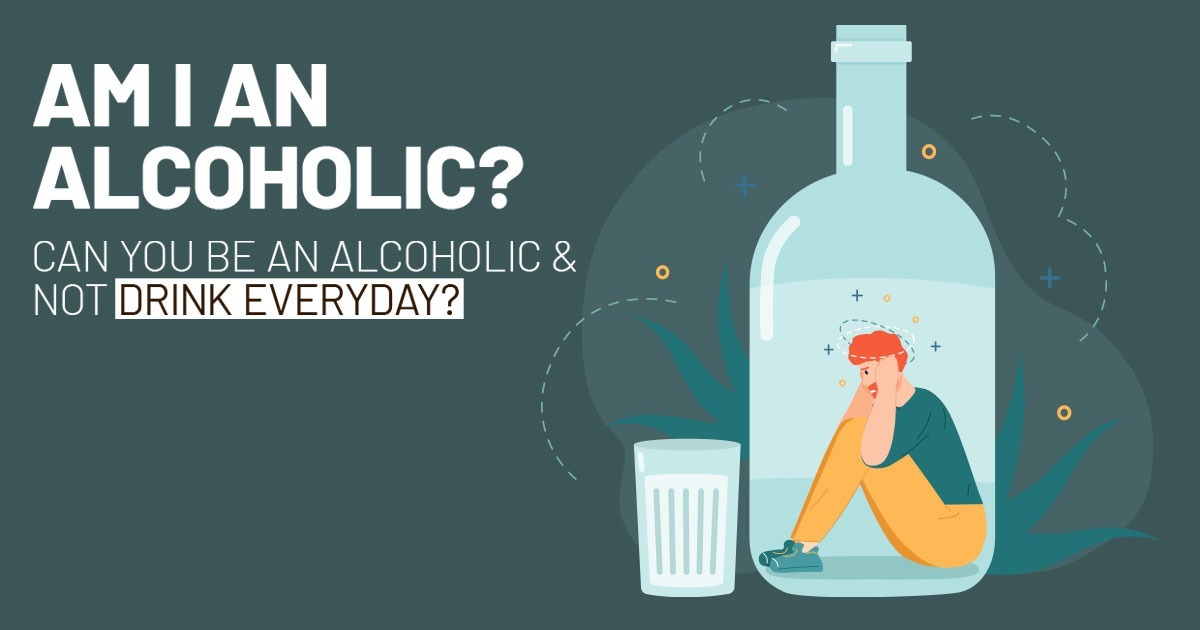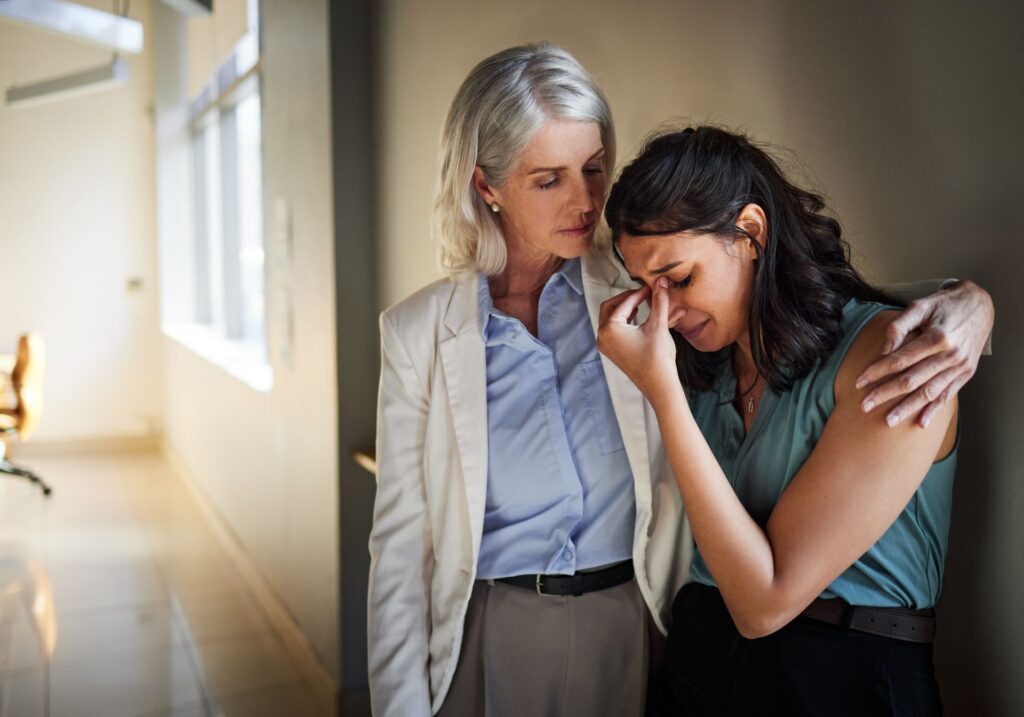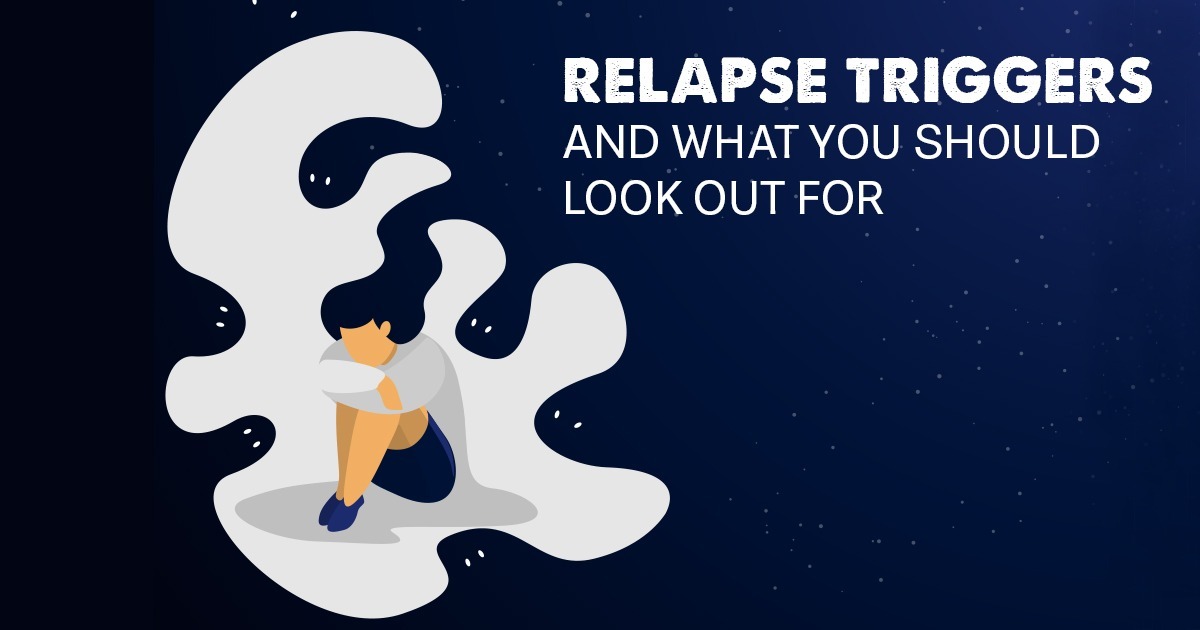
Alcohol addiction impacts women in unique and complex ways—physically, emotionally, socially, and psychologically. While recovery is a personal journey, women often face challenges that differ from men and deserve gender-specific, trauma-informed support.
At Anchored Tides Recovery, we understand these differences and have designed a holistic, women-only treatment environment that addresses the full spectrum of healing. We will explore why women need specialized support in alcohol addiction recovery and how a safe, trauma-informed approach can foster lasting transformation.
Quick Take Away
- Women face unique challenges in alcohol addiction due to biology, trauma, and social stigma
- Shame, caretaking roles, and co-occurring disorders often delay recovery
- Specialized, gender-specific support leads to better outcomes
- Trauma-informed, holistic treatment helps women heal fully
- Anchored Tides offers a safe, nurturing environment tailored to women’s needs
Why Alcohol Addiction Affects Women Differently
Biological & Hormonal Differences
Women’s bodies process alcohol differently. Due to lower levels of alcohol-metabolizing enzymes, hormonal fluctuations, and higher fat-to-water ratios, women:
- Become intoxicated faster with less alcohol
- Are at higher risk for liver damage and heart disease
- Experience more severe cognitive effects over time
Even when drinking less, women can develop physical consequences more quickly than men. Recovery must address these biological realities with individualized medical and nutritional support.
Many women who struggle with alcohol use also experience mental health conditions like depression, anxiety, PTSD, and disordered eating. Often, alcohol becomes a coping mechanism for trauma—whether from childhood, abuse, or ongoing emotional pain.
According to the National Institute on Drug Abuse (NIDA), trauma exposure dramatically increases the risk of developing a substance use disorder. Treating addiction without acknowledging underlying trauma is often ineffective.
Social stigma around women and addiction—especially for mothers or caregivers—can lead to intense shame, secrecy, and fear of judgment. Many women hide their drinking, avoid treatment, and suffer in silence.
A supportive, non-judgmental environment where women can heal safely is essential to recovery.
Unique Challenges Women Face in Recovery
Parenting and Caregiving
Many women delay or avoid treatment because of childcare responsibilities. The fear of losing custody or not having support often prevents them from getting help.
Women-focused programs offer parenting resources, family therapy, and referrals for childcare when possible, allowing mothers to heal while maintaining connection with their families.
Codependency and Toxic Relationships
Women are more likely to remain in codependent relationships that reinforce substance use. Sometimes, partners actively discourage recovery or create emotional dependence.
Gender-specific treatment allows women to build boundaries, develop independence, and begin healing without relational interference.
Body Image and Eating Disorders
Issues with body image, food, and control often overlap with substance use in women. Dual-diagnosis care that addresses both alcohol addiction and disordered eating is vital for long-term recovery.

Why Gender-Specific Recovery Matters
A Safe Space to Be Vulnerable
In mixed-gender treatment settings, women may feel uncomfortable sharing deeply personal experiences—especially if they involve past abuse. A women-only environment fosters emotional safety and trust.
When women connect with others who share their story, healing accelerates. The power of hearing “me too” cannot be overstated.
Trauma-Informed, Holistic Healing
Women benefit from integrated approaches that include:
- EMDR for trauma processing
- CBT and DBT for emotional regulation
- Somatic therapy for body-mind reconnection
- Yoga, meditation, and creative therapies
These methods help women heal emotionally, physically, and spiritually—not just achieve sobriety.
Custom Medical and Nutritional Support
Hormonal changes, nutritional deficits, and other gender-specific issues require specialized medical care. Women-focused recovery includes:
- Hormone balance support
- Nutritional counseling
- Sleep and mood management
- Reproductive health support when needed
How Abuse Can Lead to Addiction
For many women, alcohol isn’t about partying or rebellion—it’s about survival. Alcohol becomes a way to numb pain, escape anxiety, or silence past trauma.
Trauma and chronic stress change how the brain processes reward and impulse control. As NIDA outlines, this rewiring increases vulnerability to addiction.
Healing requires more than stopping the behavior. It means addressing the pain beneath the surface and learning new ways to cope, connect, and grow.
What Makes Anchored Tides Recovery Different
At Anchored Tides Recovery, our programs are built by women, for women. We offer:
- Partial Hospitalization (PHP)
- Intensive Outpatient Program (IOP)
- Outpatient treatment options
- Trauma-focused therapies like EMDR and DBT
- Holistic healing through yoga, nutrition, surf therapy, and more
We meet each woman where she is and walk with her as she builds a life of freedom, purpose, and joy.
You are not broken. You are healing. And you don’t have to do it alone.
What Recovery Looks Like for Women
When women receive the support they deserve, they:
- Reconnect with their bodies and emotions
- Build boundaries in relationships
- Learn emotional regulation and communication skills
- Reclaim joy, confidence, and identity
Recovery is more than sobriety. It’s a full-body, full-heart return to self.
Ready to begin your healing journey? Contact us today or call us to speak with our compassionate team.
Need more information?
Explore our programs:
Common Asked Questions
Why do women need specialized support for alcohol addiction recovery?
Women face unique biological, emotional, and social challenges with alcohol addiction. Trauma-informed, gender-specific care addresses their distinct needs and improves recovery outcomes.
How does trauma influence alcohol addiction in women?
Trauma can alter brain function, making women more vulnerable to addiction. Many use alcohol to cope with PTSD, anxiety, or emotional pain, which makes trauma-informed therapy essential.
What therapies work best for women recovering from alcohol addiction?
Effective therapies include EMDR, DBT, CBT, and holistic methods like yoga and meditation. These help women process trauma, regulate emotions, and build healthier coping strategies.
Is a women-only treatment program more effective?
Yes, women-only programs create emotional safety, reduce stigma, and allow deeper healing. They support open sharing, connection, and gender-responsive care.
What does Anchored Tides Recovery offer for women with alcohol addiction?
Anchored Tides Recovery offers trauma-informed addiction treatment for women, including PHP, IOP, outpatient care, EMDR, holistic therapies, and a safe, supportive environment in Huntington Beach, CA.








































